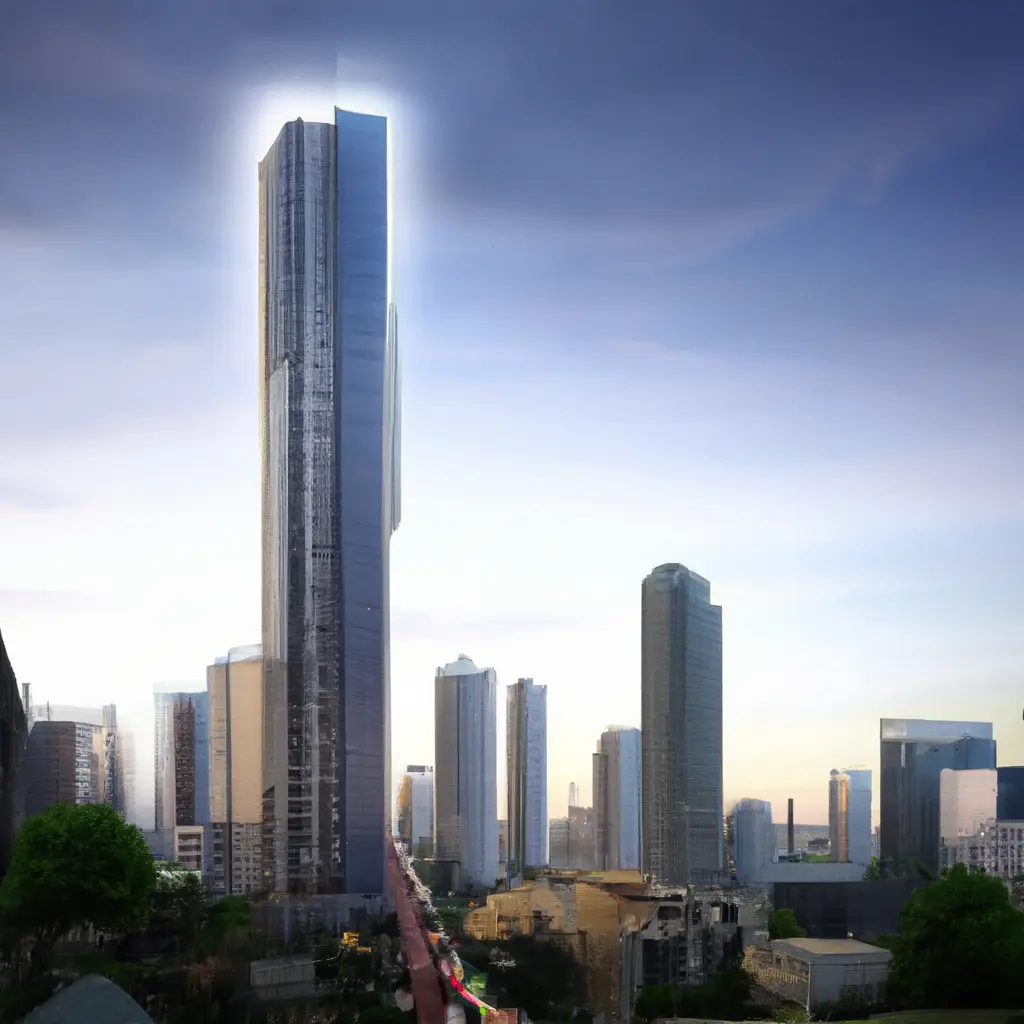Photo: atomx of Skyscraper City
The real estate development community has been rocked by the recent Ashton Asoke project incident when the building permit was withdrawn, causing lenders to be cautious in extending loans and credit to developers. Chief Executive Officer of AP Thailand, Anuphong Assawabhokin, explained that it is becoming increasingly difficult to get loans as financial institutions are cautious about lending to real estate companies due to the fallout from the Ashton Asoke case. In addition, the issuance of debt instruments is also expected to become more complex. Medium-sized residential real estate developers, which have previously issued debt instruments and are close to re-lending their debt, may be particularly adversely affected, Anuphong said. Posing the question to the industry, he suggested that... "If these real estate developers fail to re-lend their debts, won't we face a crisis similar to 1997? "
Numerous companies are opting to issue debt instruments to avoid bank loans. If these companies cannot get loans and cannot re-lend existing debt instruments, there could be a major crisis for the industry, Anuphong suggested.
Recommended real estate
Sale villa in Istanbul with park view 2 106 881 $
Sale hotels in Istanbul with city view 7 107 418 $
Sale flat in Istanbul with city view 496 500 $
Sale townhouse in Izmir with park view 194 999 $
Sale flat in Istanbul with city view 171 000 $

1

50
Sale flat in Istanbul with sea view 306 000 $
On July 27, the Supreme Administrative Court ruled to quash the notice of intent to construct or modify the Ashton Asoke Building. The 50-story, 6.4 billion baht project was a joint venture between Ananda Development, a SET-listed
developer, and Japanese developer Mitsui Fudosan. The court concluded that the land on which the condominium was located did not comply with the Development Control Act because it did not have at least one
side with a minimum length of 12 meters adjacent to the 18 meter wide public road and therefore could not accommodate a large building. The court ruling has had a chain reaction, causing problems for other real estate developers such as Noble Development Plc, who have been forced to answer questions from clients about possible similarities with the Ashton Asoke case. Thongchai Busrapan, joint executive director of Noble Development, explained that they used the land based on its original physical conditions, with no changes, modifications or transfers, when submitting environmental impact assessment reports and building permit requests. Thongchai said... "The Ashton Asoke case has forced us to give explanations not only to the media and our clients, but also to credit rating agencies such as Tris Rating." Thongchai also emphasized that the case has left an imprint on the entire Thai real estate industry as the project was a joint venture between a Thai developer and a
foreign investor, the Bangkok Post reported.
















